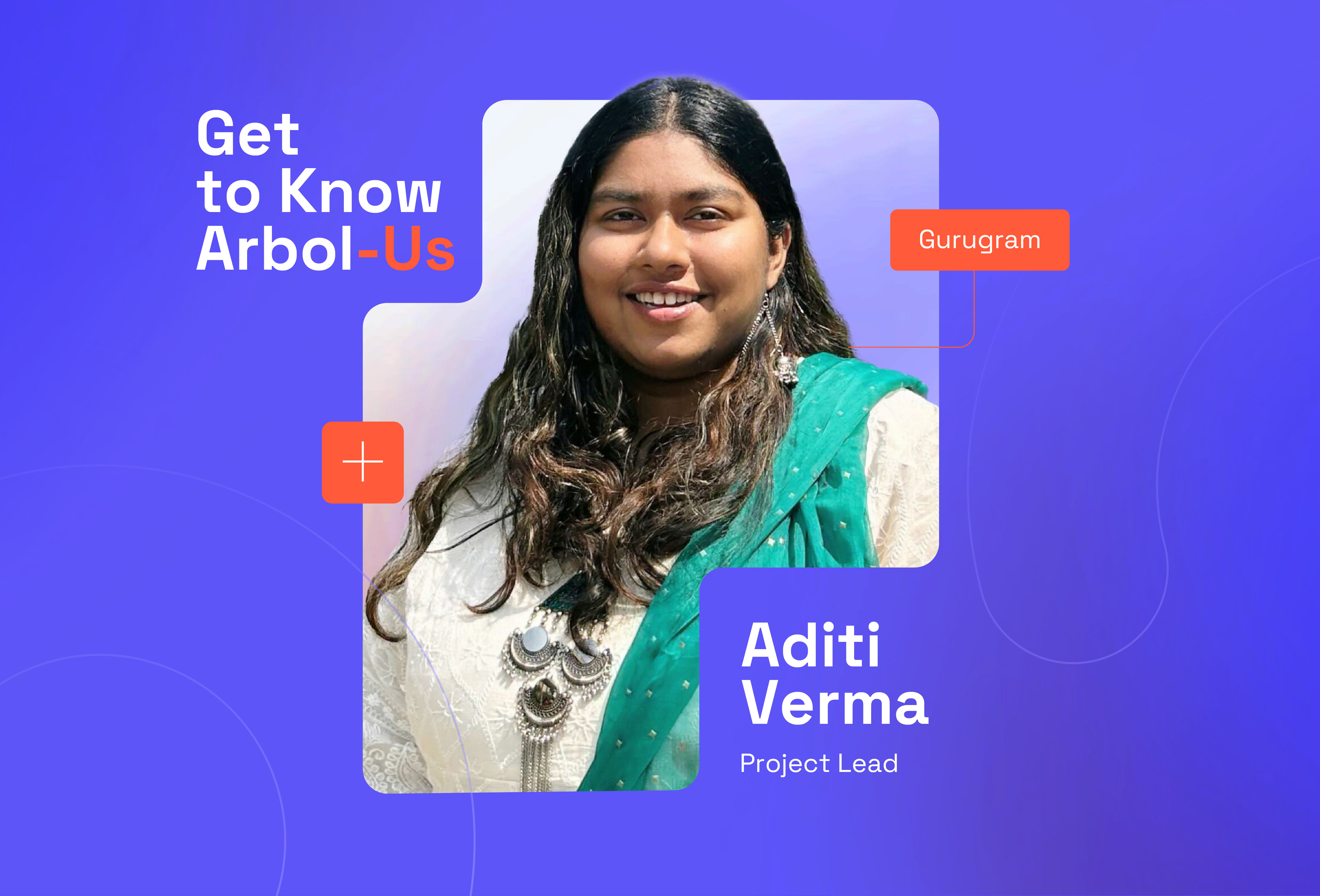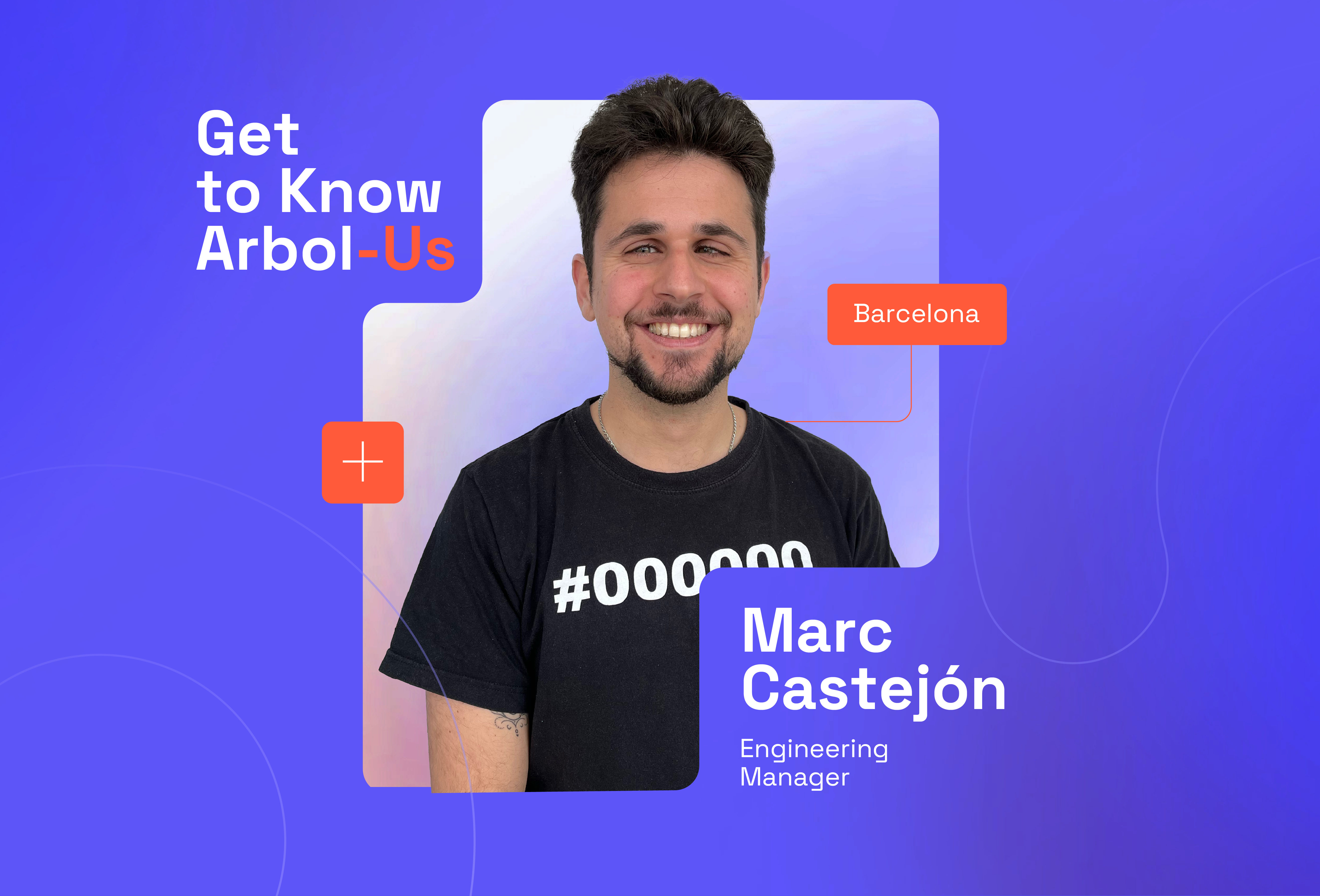During our recent webinar “Customer Insights in B2B Tech: Key Challenges and Strategies for Success” our panellist John Evison (Associate Partner at OC&C) shared his experiences and insights on leveraging customer perspectives in due diligence.
Below is a quick summary of the key insights from the session. To dive deeper into this topic, watch the full on-demand recording here.
Why are customer perspectives so important in B2B work for clients?
In B2B markets, customer perspectives are crucial because there’s often no off-the-shelf data that fully captures the nuanced needs and mindsets of clients. Unlike consumer markets, B2B environments usually have fewer customers, making it essential to dive deeply into their goals, fears, and motivations. It’s often said that “customers tell the truth about businesses.” By identifying the right people and conducting enough calls, investors gain an unbiased view of a company’s value proposition and how it measures up against competitors. John points out that even in familiar markets where he's experienced, he insists on personally engaging with clients, finding that he always learns something new.
Do customer calls offer more insight than industry executives during due diligence?
Customer calls often yield deeper insights than calls with industry executives. While executive experts can provide high-level views and strategic insights, they may sometimes have an idealised perception of how customers view their company. Customers, however, offer direct insights into their actual experiences, views on the company, spending behaviour, and sensitivity to pricing - valuable details that often can’t be fully understood by executives alone. When examining market trends or assessing purchase behaviours, John emphasises that hearing from customers "from the horse's mouth" is crucial.
Can you give an example of a time when a piece of information from a customer reference has changed the outcome of a deal?
John shared a story about an outsourcing business where the sell side was hesitant to allow access to key customers due to concerns over potential client dissatisfaction. Despite the buy side's reservations, the deal went through. Just two months after the acquisition, the business's largest customer decided to leave, creating a significant financial hole in the investment. Had the buy-side been able to speak with the client beforehand, they would have learned of the customer's dissatisfaction, potentially preventing the deal from moving forward. The lesson here is clear: avoiding direct customer conversations can lead to missing critical insights that might change the outcome of a deal.
On the other hand, John also highlighted a contrasting example from the software space, where engaging with a large customer provided a very different outcome. In this case, there was concern that the client might leave due to shifting industry preferences towards a competitor. However, after speaking with the customer directly, it became clear that they were very satisfied with the product and had no intention of leaving. This firsthand customer feedback not only provided reassurance but also helped move the deal forward by eliminating one of the major risks.
The key takeaway from both examples is that engaging with customers, whether to uncover potential issues or confirm satisfaction, is an essential part of the due diligence process.
What tools and technologies are used to gather customer insights beyond expert calls?
Surveys are an increasingly valuable tool in the B2B space. However, John notes challenges in finding the right survey partner and panel, as B2B surveys can sometimes be a bit of a "black box." This means it’s difficult to be sure if the right people are being reached and to avoid false positives.
John’s team mitigates this by screening participants and using specialised panels, such as those from trade magazines. Additionally, he mentions that web scraping is another valuable tool, particularly when researching industries like professional services or IT-managed services. Leveraging platforms like LinkedIn, combined with AI tools like ChatGPT can help gather data quickly and efficiently.
During the Audience Q&A session, our panellists covered the following questions:
- What are some of the most effective questions you ask customers? Are there any questions that you always ask?
- Do you have strategies that you use to engage customers who are difficult to reach?
- How do you address discrepancies between what you're hearing from customers and the management's narrative during DD processes?
- Are there any specific customer data points that are absolutely essential?
To hear answers to these questions, listen to the full discussion here.
About Arbolus
Arbolus is the go-to expert network for Investors seeking a forward-thinking way to gain an information advantage.
Enabled by our tech-driven approach, we deliver better insights, from the best experts, in less time:
- Innovative products for faster insights
- The most relevant, hard-to-find experts
- A dedicated team you can rely on
Check out how Arbolus can help you be the first to build confidence and secure great deals with timely insights.
.png)

.png)
